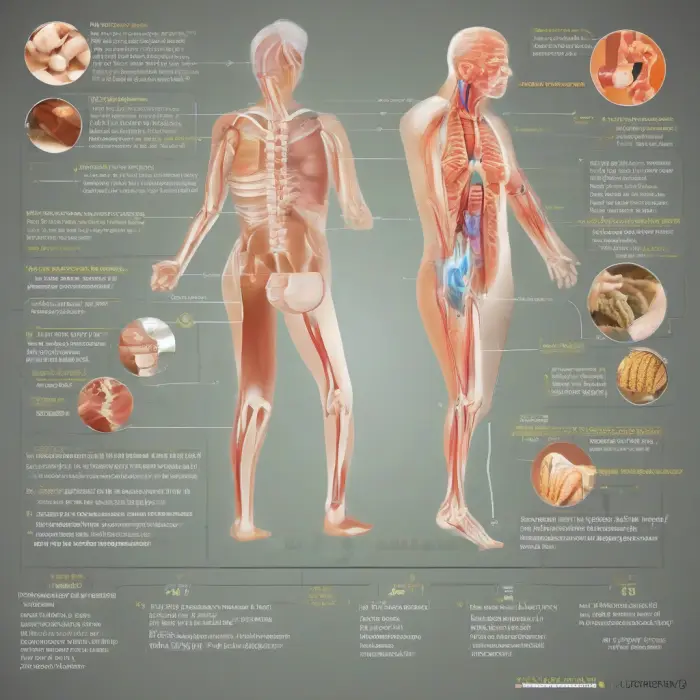Navigating a Plant-Based Diet for Nutritional Health
The concept of a plant-based diet has picked up momentum in recent years, with more and more individuals gravitating towards this lifestyle in a bid to improve their health, reduce their carbon footprint, or for ethical reasons. However, navigating a plant-based diet for nutritional health can sometimes be tricky, especially when you're new to it. Whether you're considering a vegan, vegetarian, flexitarian, or another variant of a plant-based diet, the key factor is ensuring your body receives all the essential nutrients.
Understanding a Plant-Based Diet
A plant-based diet, as the name suggests, emphasizes foods primarily from plants. This includes fruits, vegetables, legumes, whole grains, nuts, seeds and sometimes, eggs and dairy, depending on the specific type of diet you're following. This doesn't mean that you are necessarily vegetarian or vegan and never eat meat or dairy. Rather, you are choosing more of your foods from plant sources.
The Nutritional Aspects of a Plant-Based Diet
While a plant-based diet can certainly be packed with nutritious, health-promoting foods, it requires careful planning to ensure you are getting a balanced intake of all crucial nutrients.
- Protein: Adequate protein intake is vital for overall health. Brilliant plant-based sources of protein include beans, lentils, chickpeas, quinoa, and tofu.
- Vitamins and Minerals: Various vitamins and minerals are predominantly found in animal products, including Vitamin B12 and Iron. To prevent deficiencies in these, consider fortified plant-based milk, leafy green vegetables, whole grains, seeds, and supplements if necessary.
- Omega-3 Fatty Acids: These essential fats, found in fish and fish oils, play an important role in heart, brain, and eye health. Good sources in a plant-based diet include flaxseeds, chia seeds, walnuts, and algae-based supplements.
Guidelines for a Nutritious Plant-Based Diet
When you're starting out on a plant-based diet, it can seem a bit overwhelming. Here are some guidelines to help you navigate through it:
- Eat a Variety: To ensure you get a wide spectrum of nutrients, strive to fill your plate with various fruits, vegetables, whole grains, and plant-based protein sources.
- Plan Meals: This will help you maintain a balanced diet and lessen the chances of picking unhealthy food choices.
- Stay Hydrated: Not just vital for overall health but can also aid digestion and nutrient absorption.
- Take it Slow: Go at your own pace. Start by incorporating more plant foods into your daily diet and gradually reduce the amount of meat and dairy.
Conclusion
Switching to a plant-based diet doesn't need to be difficult. Remember, the focus is not about limiting and excluding foods but welcoming a host of vibrant, nutritious foods that bring variety and health to your plate. With the right balance and a bit of planning, a plant-based diet can meet all your nutritional needs and boost your overall health. Always consult with a health professional to ensure that your dietary changes align with your personal health circumstances.










